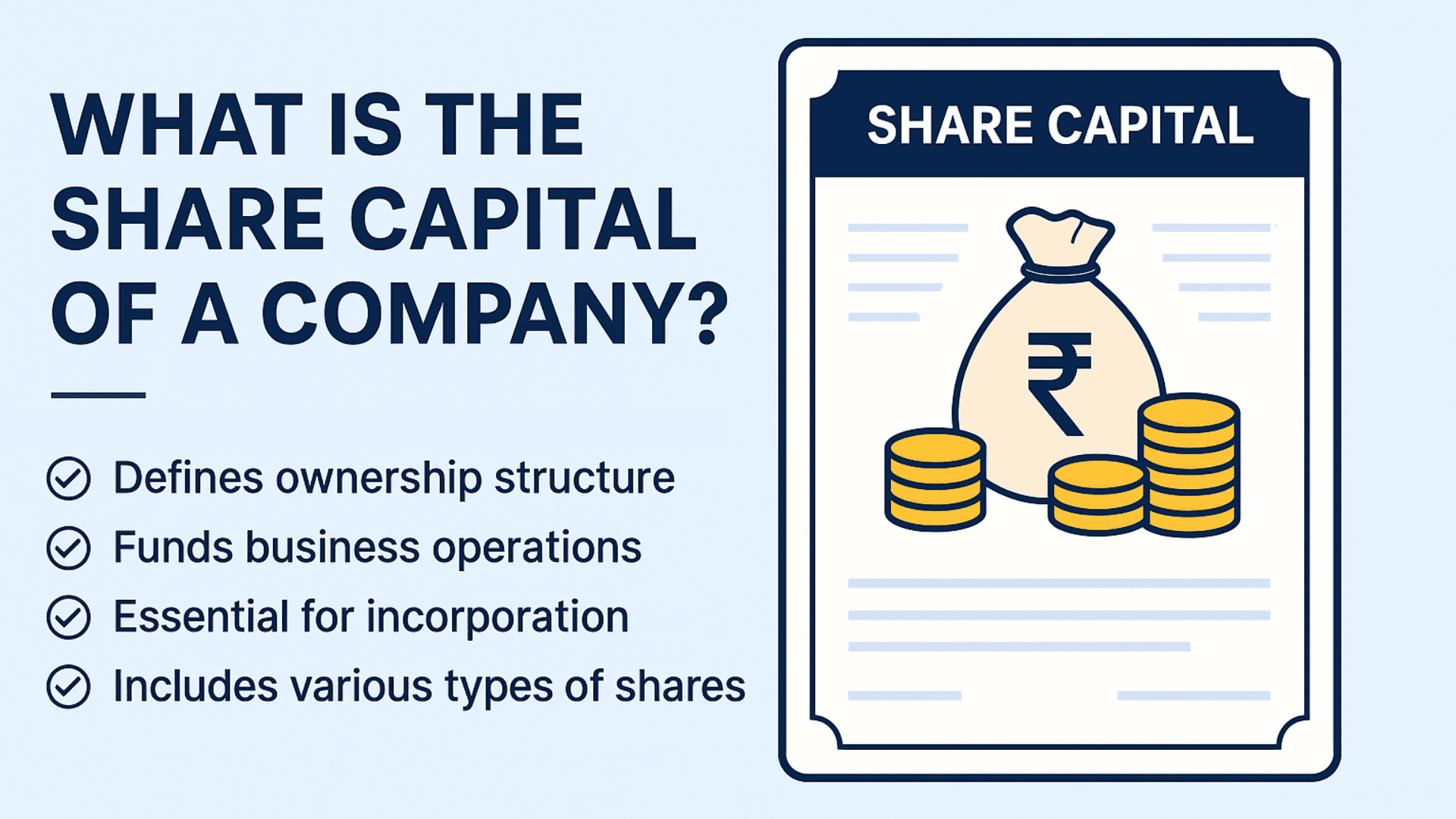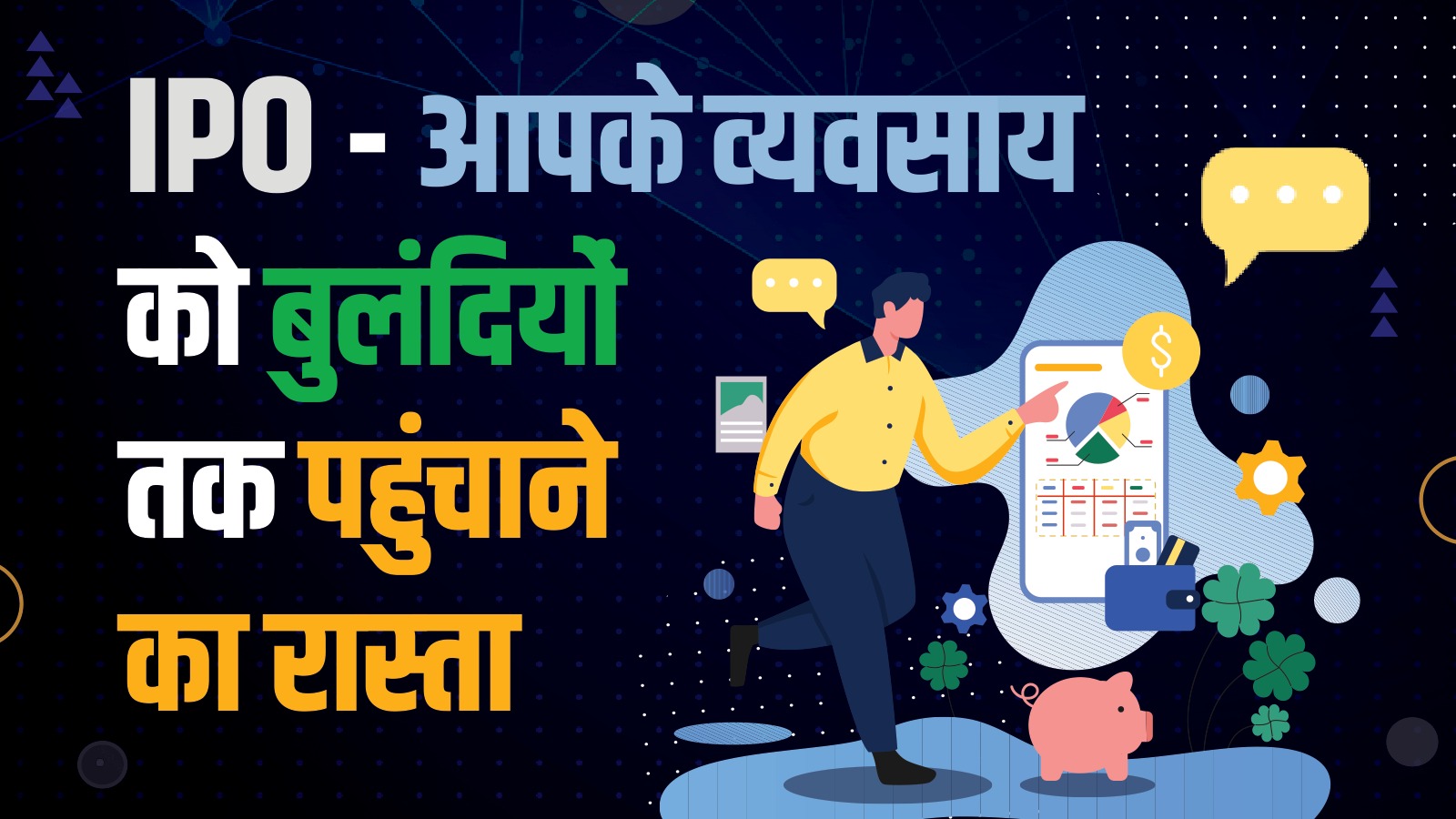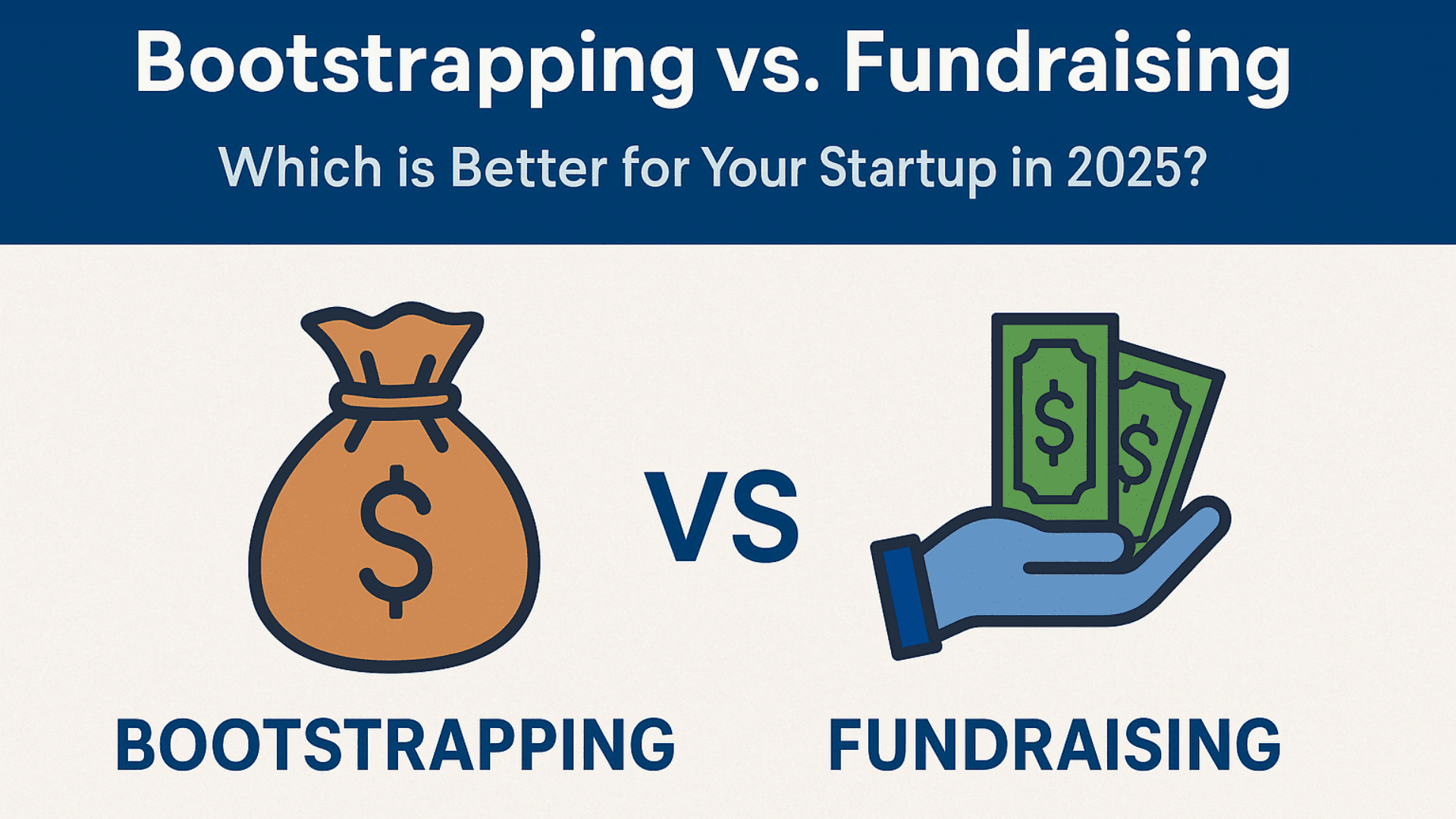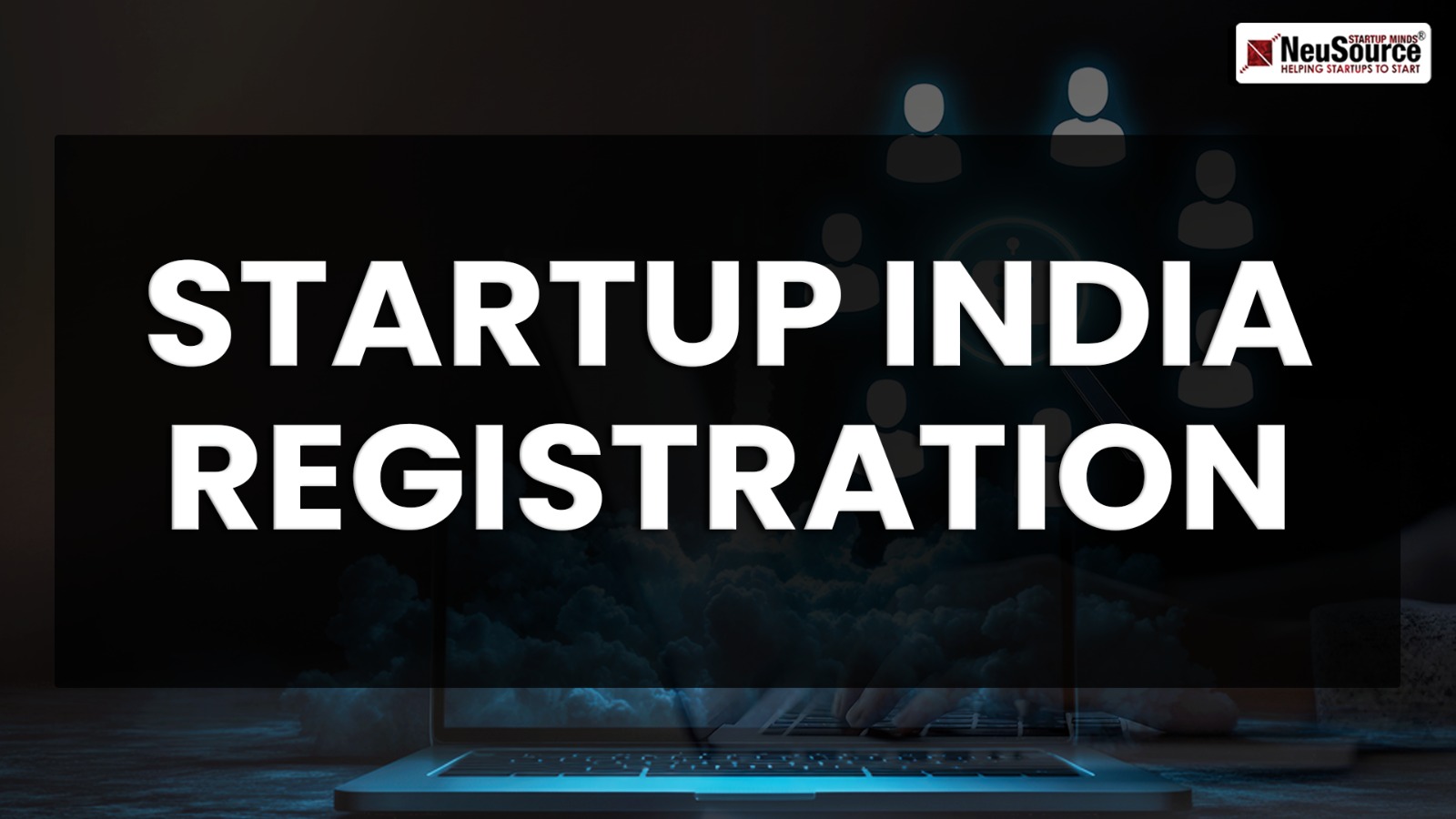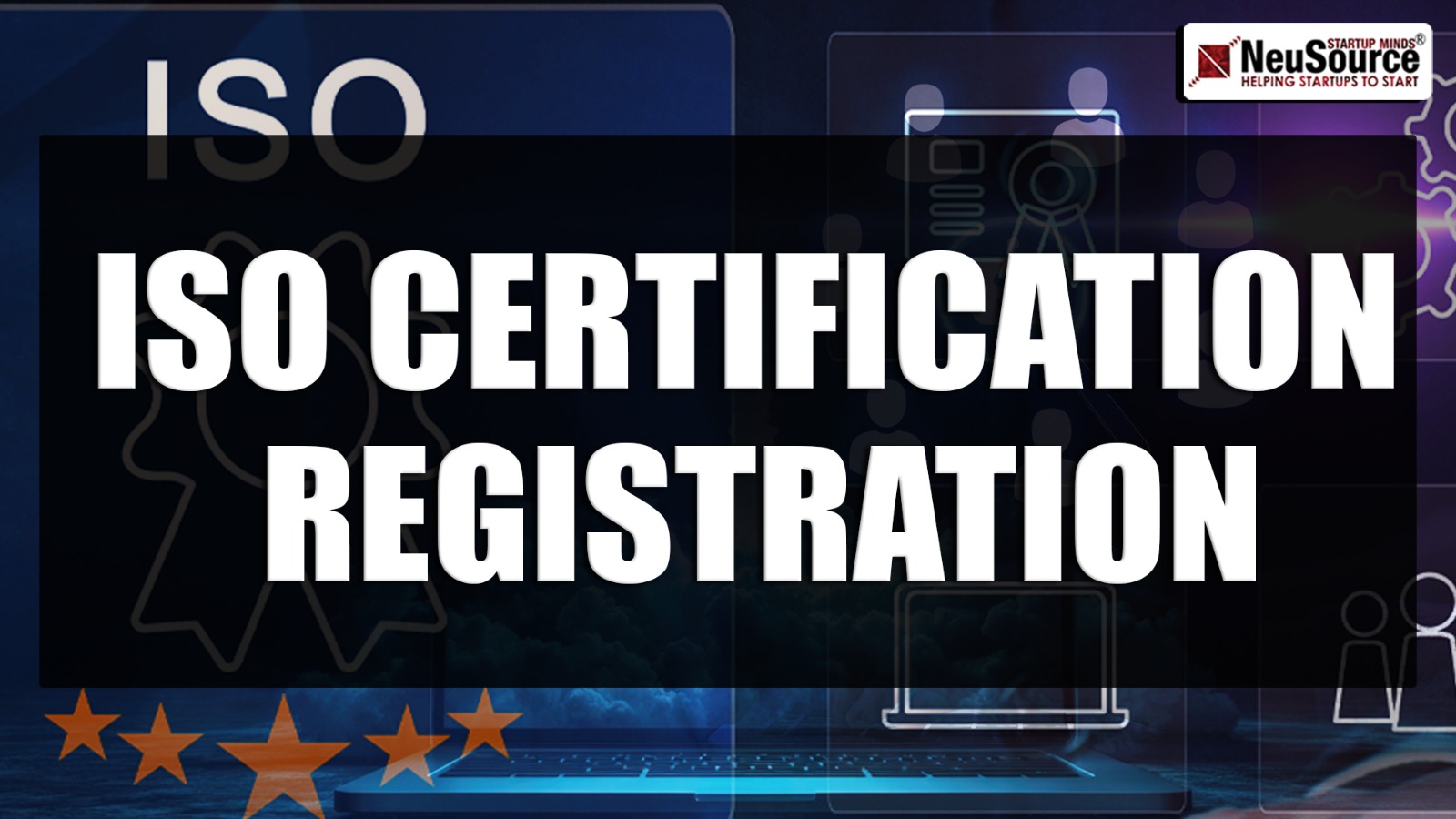India's e-commerce sector isn't just growing; it's experiencing an unprecedented digital explosion. With over a decade of consistent, rapid expansion, 2025 continues to showcase India as a global e-commerce powerhouse. The combination of more smartphones, easy digital payments, and widespread internet access has created a strong environment, making it easier and more profitable than ever to sell online.
Whether you plan to create your own unique branded website or sell on big platforms like Amazon and Flipkart, starting an e-commerce company needs good planning and proper legal registration. This guide will show you every important step, so your online business starts on a strong footing.
Benefits of Starting an E-commerce Business in India
Before we dive into how to set things up, let's look at why starting an e-commerce company in India now is a great business chance:
- Huge Market Reach: Imagine reaching over 750 million internet users in India by 2025. E-commerce removes location limits, letting you reach customers not just in big cities but also in smaller towns and even rural areas. Your online store can reach customers nationwide, greatly increasing who you can sell to.
- Lower Costs to Operate: You don't need expensive retail space, high utility bills, or a big sales team. E-commerce lets you start and run your business efficiently, often from home or a co-working space. You can use digital tools to grow without needing to spend a lot more on physical overheads.
- 24/7 Sales: Unlike physical stores that close, your online store is always open. This means your products are always available, and sales can happen at any time, day or night. This constant selling ability helps you earn more, even when you're not actively working.
- Data-Driven Marketing: E-commerce gives you a lot of useful data. With analysis tools, you can track how customers behave, what they like, what they buy, and current trends. This valuable data helps you improve your products, pricing, promotions, and personalize the customer experience for better results.
- Flexible and Scalable: Starting small is easy and often recommended. You can begin with a few products and easily grow to hundreds or thousands as demand increases. Modern online platforms and delivery services make growing your business simple, letting you quickly adjust to market needs.
- Global Selling Opportunities: India's e-commerce system is increasingly set up for international trade. With the right delivery partners and export licenses, your Indian brand can sell worldwide. Many Indian brands are now succeeding in global markets, showing the potential for international sales.
- Government Support – "Digital India" Initiatives: Government programs like Startup India, the widely used Unified Payments Interface (UPI), and the overall Digital India campaign have together created a very supportive environment for e-commerce growth. These programs offer benefits, simplify digital payments, and encourage new ideas, which greatly help online businesses.
What is an E-commerce Company?
An e-commerce company uses digital networks, mainly the internet, to allow the buying and selling of goods or services online. It provides a complete online system where customers can browse products, add items to a cart, make secure payments, and track their orders until delivery.
Types of E-commerce Transactions:
- B2C (Business-to-Consumer): Businesses sell directly to individual customers (e.g., Myntra, Amazon's direct sales).
- B2B (Business-to-Business): Sales happen between two businesses (e.g., Udaan for wholesale).
- C2C (Consumer-to-Consumer): Individuals sell directly to other individuals (e.g., OLX for classifieds).
- D2C (Direct-to-Consumer): Brands sell their products directly to customers using their own online platforms, bypassing middlemen.
Step-by-Step Process to Start an E-commerce Company in India
Starting your e-commerce business needs a clear plan. Here's a detailed guide to the key steps:
1. Decide Your Business Model
- Build your own branded store: Gives you full control over your brand, customer experience, and data. This needs more initial work in website building and marketing.
- Sell via marketplaces (e.g., Amazon, Flipkart): Provides instant access to many customers and handles logistics, but gives less brand control and has higher fees.
- Hybrid model (Recommended): Often the best approach. Start by using marketplaces for initial sales and visibility, while also building your own website to connect directly with customers and build long-term brand value.
2. Choose a Business Type and Register Your Company
Picking the right legal structure is very important. For e-commerce, a Private Limited Company is usually recommended because it limits your personal risk, allows for growth, and makes it easier to get investments.
Other Options:
- Limited Liability Partnership (LLP): Protects partners from personal risk and has simpler rules than a Private Limited Company.
- One Person Company (OPC): Good for single owners who want limited personal risk.
- Sole Proprietorship: Easiest to set up, but offers no personal risk protection, meaning your personal assets are at risk. Not ideal for businesses aiming for significant growth.
Documents Needed for Company Registration (e.g., Private Limited Company):
- PAN & Aadhaar Card for all directors and shareholders
- Proof of Registered Office: Utility bill or rent agreement & NOC
- Proposed Company Name: At least two options
- Digital Signature Certificate (DSC)
- Director Identification Number (DIN)
Estimated Time: 7–10 working days if documents are proper.
3. Mandatory GST Registration
Required if:
- Annual sales > ₹20 lakh (₹10 lakh in some states)
- Selling inter-state
- Selling via E-commerce platforms (Amazon, Flipkart, etc.)
Documents Needed for GST Registration:
- PAN of business
- Business address proof
- Certificate of Incorporation
- Bank account details
- Aadhaar of authorized person
4. Get a Good Domain Name
Tips:
- Short and memorable
- Brand relevant
- Check availability on registrars like GoDaddy, Namecheap
5. Build Your E-commerce Website
Options:
- SaaS Platforms: Shopify, Wix – beginner-friendly
- Open-Source: WooCommerce, Magento – customizable
- Custom-Coded: Advanced, costlier but flexible
Important Features:
- Mobile responsive design
- Fast loading time
- SSL security (HTTPS)
- Easy filters, smooth checkout
- High-quality images and clear descriptions
6. Add a Secure Payment Gateway
Popular Options: Razorpay, PayU, Cashfree, Paytm, Stripe
Requirements:
- Business PAN & GST
- Company registration
- Bank account
- Privacy & Refund Policy on your site
7. Open a Business Bank Account
Open a current account in your company’s name to manage:
- Payments from customers
- Vendor payouts
- Financial records
8. Protect Your Brand: Trademark Registration
Apply for a trademark to protect your brand name/logo via IP India portal.
9. Get Necessary Licenses and Permits
- FSSAI: For food-related businesses
- IEC: For import/export
- Shop & Establishment: Local license (depends on state)
- Startup India Recognition: For tax and compliance benefits
10. Launch Products and Start Marketing
- Product Listing: Clear descriptions, SEO-friendly titles
- SEO: Use keywords that customers search for
- Ads: Google Ads, Facebook & Instagram campaigns
- Email Marketing: Build lists and nurture customers
- Influencer Marketing: Leverage online communities
Selling on Marketplaces: A Bonus Strategy
Besides your own website, selling on India's big e-commerce marketplaces can greatly increase your reach and sales.
Popular E-commerce Platforms to Sell On:
- Amazon Seller Central: Offers wide reach and a good delivery network.
- Flipkart Seller Hub: Strong presence in India, especially for electronics and fashion.
- Meesho, Snapdeal, JioMart: Other important platforms with different customer bases and fee structures.
General Requirements for Selling on Marketplaces:
- GSTIN (required by most marketplaces).
- PAN of the business.
- Business bank account details.
- Detailed product catalog with high-quality images.
Tips for E-commerce Success in 2025
To do well in India's competitive e-commerce market, consider these tips:
- Use UPI as a Primary Payment Method: UPI is India's most popular digital payment method. Make sure it's easy to use and works perfectly.
- Offer Cash on Delivery (COD) in Smaller Towns: While digital payments are growing, COD is still important for building trust and reaching customers in smaller cities and rural areas.
- Invest in SEO and Content Marketing: Getting traffic from search engines is cost-effective and long-lasting. Create useful content (blogs, guides) related to your products.
- Have Easy Return/Refund Policies: Clear and customer-friendly return policies build trust and reduce abandoned carts.
- Use WhatsApp for Customer Engagement: Use WhatsApp for support, order updates, recovering abandoned carts, and personalized promotions.
- Focus on Customer Service: Great support after a sale leads to repeat business and positive reviews.
Post-Registration Compliance Checklist
Setting up is just the beginning. Following ongoing rules is crucial to avoid penalties and keep your business running smoothly:
- GST Returns: File monthly (GSTR-3B, GSTR-1) or quarterly (for those using the QRMP scheme) GST returns accurately and on time.
- ROC Filings: For companies, file annual returns with the Registrar of Companies (ROC), including financial statements (AOC-4) and annual return (MGT-7A).
- Keep Accurate Accounting Records: Maintain detailed records of all sales, purchases, expenses, and bank transactions.
- Renew Timely: Ensure all licenses, permits, and trademarks are renewed before they expire.
- Regular Board Meetings & Audits: For companies, hold required board meetings and ensure annual financial audits are done.
The year 2025 is an excellent time to start an e-commerce business in India. With increasing digital adoption, a strong delivery network, and government support, the environment is very favorable for online businesses.
By following these steps, staying compliant with rules, and always focusing on a great customer experience, your e-commerce dream can become a successful reality. Whether you want to build your own brand or become a top seller on marketplaces, the future is digital – and now is the time to seize the opportunity.
Need help registering your e-commerce company or ensuring compliance? Contact Neusource to make the process easier and start your online journey right.













































